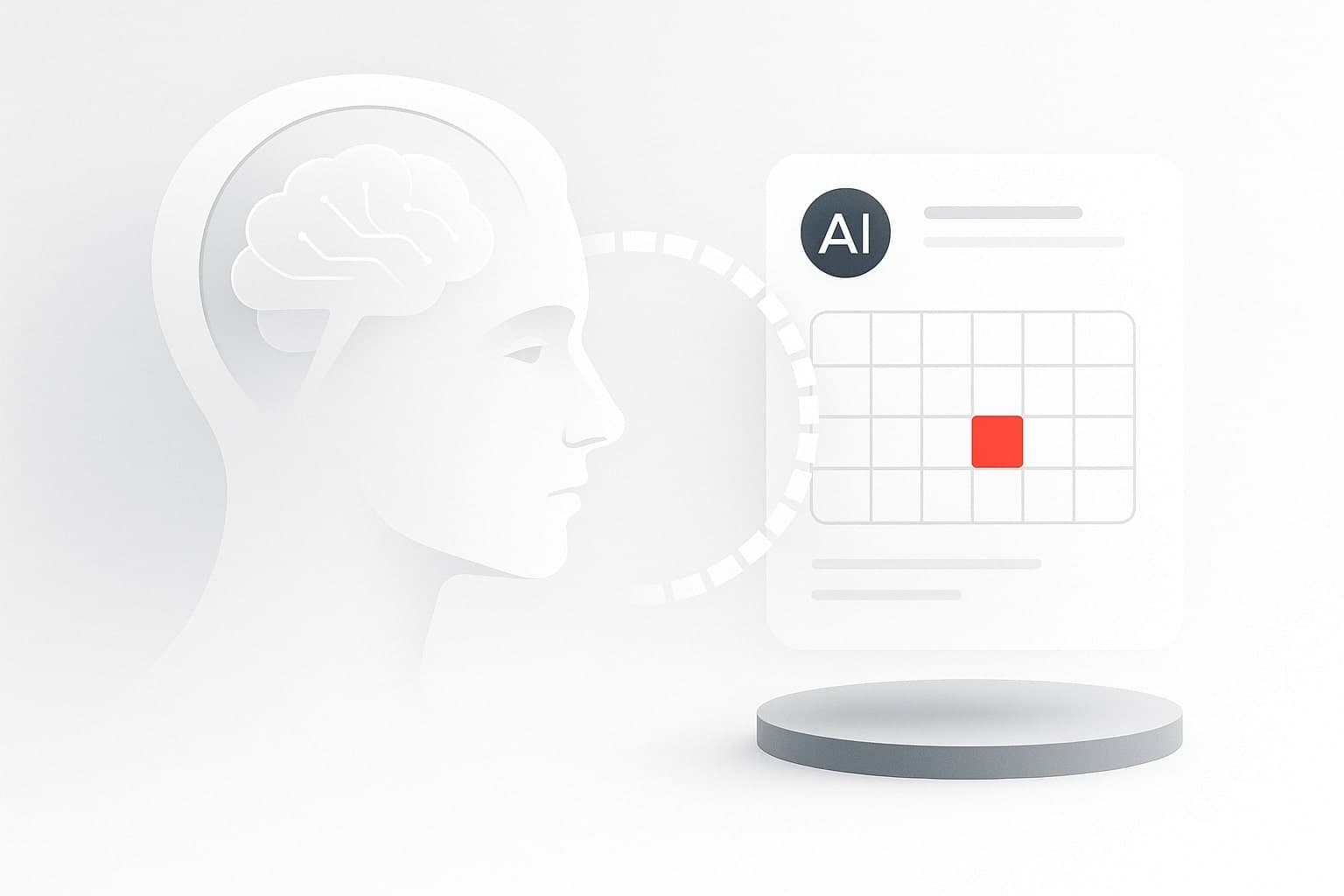October 13, 2025
Healthcare

In the bustling world of healthcare, time is of the essence—for doctors, support staff, and especially for patients. One multi-specialty clinic, with five locations, 50 doctors, and 100 support staff, found itself grappling with an increasingly critical problem: inefficient appointment scheduling. The ripple effect? Long patient wait times, frustrated visitors, and overburdened staff. With services spanning General Medicine, Pediatrics, Orthopedics, Cardiology, and Dermatology, their operations were complex and demanded a seamless scheduling process.
Faced with mounting complaints and operational bottlenecks, the clinic leadership turned to technology to find a solution. What followed was a transformative journey powered by AI-driven appointment scheduling software.
The clinic’s existing system relied heavily on manual scheduling. While it worked in theory, in practice, it struggled to accommodate real-time changes, no-shows, and overlapping appointment requests. As patient numbers grew, so did the chaos:
Longer Wait Times: Patients often spent hours waiting to see a doctor, even for scheduled appointments.
Overbooked Doctors: Physicians were frequently double-booked or had idle gaps in their schedules.
Frustrated Support Staff: Receptionists and administrators were overburdened with rescheduling requests and complaints.
The result? A drop in patient satisfaction, strained doctor-patient relationships, and inefficiencies that impacted the clinic’s bottom line.
The clinic decided to implement a cutting-edge AI-driven appointment scheduling tool. This software was designed to automate and optimize the scheduling process, taking into account:
Doctor availability and specialties
Patient preferences and urgency levels
Historical data on appointment durations and no-show probabilities
Key Features:
Dynamic Slot Management: Real-time updates for cancellations and reschedules, ensuring every slot was maximized.
Patient Self-Service: A user-friendly portal allowed patients to book, modify, or cancel appointments effortlessly.
Predictive Analytics: AI algorithms predicted potential no-shows and suggested optimal time slots for specific cases.
Integrated Communication: Automated reminders via SMS and email reduced missed appointments.
The impact of the new system was almost immediate. Within months of implementation, the clinic saw:
30% Reduction in Wait Times: Patients experienced shorter queues, with most being seen within 15 minutes of their scheduled time.
20% Increase in Operational Efficiency: Doctors’ schedules were optimized, with minimal idle time and no double bookings.
25% Boost in Patient Satisfaction: Surveys showed a marked improvement in overall patient experience.
50% Reduction in No-Shows: Automated reminders and optimized scheduling significantly cut down missed appointments.
The clinic’s staff also noted a remarkable decrease in their workload, allowing them to focus on enhancing patient care rather than managing logistical headaches.
This success story underscores the potential of AI-driven automation in revolutionizing healthcare operations. From managing multi-specialty clinics to streamlining patient interactions, AI offers unparalleled benefits:
Enhanced Resource Utilization: Ensure doctors and facilities are used to their full potential.
Improved Patient Outcomes: By reducing wait times and optimizing workflows, patients receive timely care.
Data-Driven Decisions: AI insights help clinics identify trends and make informed decisions.
Scalability: As clinics grow, AI systems adapt seamlessly to increased demands.
For healthcare providers, the path to efficiency and excellence lies in embracing AI-powered solutions. This multi-specialty clinic’s journey demonstrates how technology can turn challenges into opportunities, delivering measurable results. By automating appointment scheduling, they not only resolved a pressing issue but also set the stage for future innovations.
Are you ready to revolutionize your healthcare practice? The time to act is now. Let AI take care of the logistics so you can focus on what truly matters—delivering exceptional patient care.